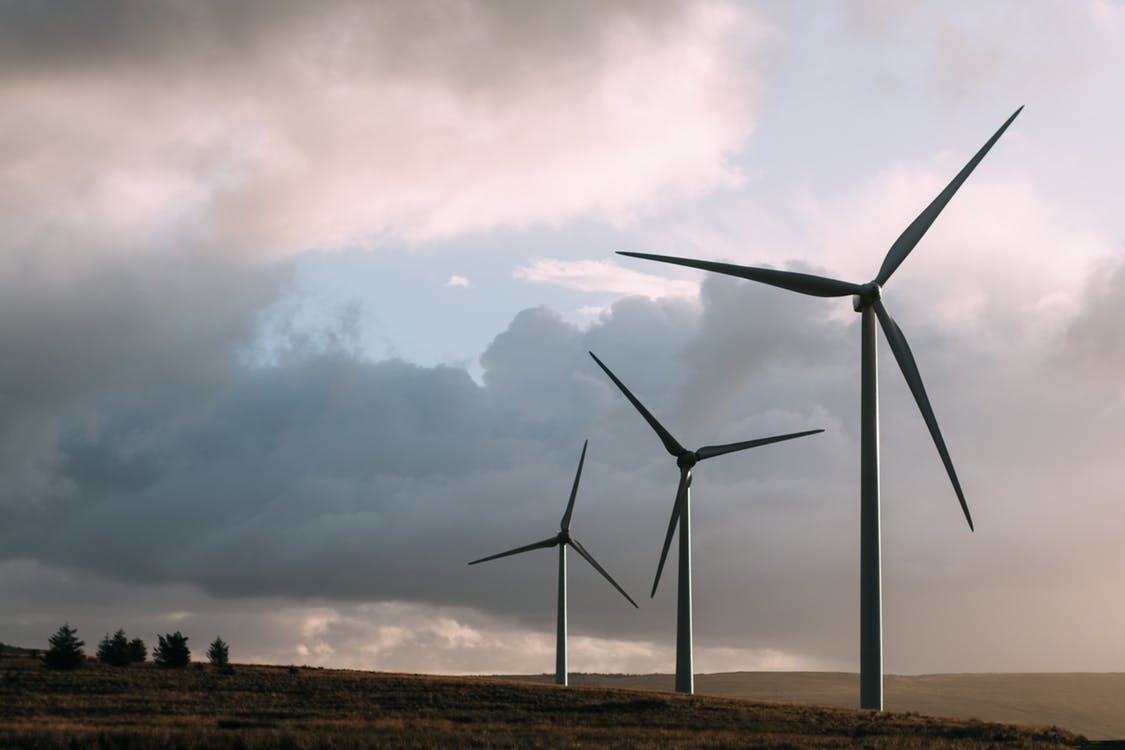Committee on Climate Change sets out how UK can reach net zero carbon emissions by 2050
“Make no mistake, this report will change your life,” says Prof David Reay at the University of Edinburgh. “If the meticulous and robust expert advice here is heeded it will deliver a revolution in every facet of our lives, from how we power our homes and travel to work to the food we buy.”
The government’s official advisers the Committee on Climate Change (CCC) said on Thursday that the UK’s net greenhouse gas emissions should fall to zero by 2050, emphasising that the transformation is necessary, affordable and desirable.
Setting the legally binding target, which has wide political support, will be the easy bit. But the scale of transformation needed to meet the target is enormous.
By 2050, petrol and diesel cars should be a distant memory, ideally banned from sale in favour of electric vehicles two decades earlier. “2030 would be my ideal switchover date, but we have said 2035 at the latest to be cautious,” said Chris Stark, the chief executive of the CCC. The current date is 2040, but switching sooner will save people money, he said, as electric cars are cheaper in the long run.
The cars will need a lot of electricity, meaning clean power generation must quadruple by 2050, the CCC said. That certainly means more offshore windfarms, but the cheapest option – onshore windfarms – are effectively banned in England. Big storage will also be needed, but battery costs are plummeting.

Homes heated by natural gas will also be long gone, with the CCC saying no new home should be connected to the gas grid after 2025. Electrified heating will be more common, but hydrogen could be an alternative to natural gas, if it can be produced cleanly at scale.
Meat has a heavy environmental impact, but the CCC envisages only a 20% cut in beef, lamb and dairy consumption in 2050, far lower than in other studies and the 86% cut needed to meet UK health guidelines. “We absolutely don’t think there would be support for that [huge cut], or that it is necessary,” said Stark. “A 20% cut seems cautious and prudent to us, but it is true that if you were to shift more to plant-based diets, the [net-zero] target would be easier overall.”
Read more: The Guardian



